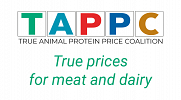The road to COP 28: TAPP Coalition at the Bonn Climate Conference
Delegates from over 100 Parties to the Paris Agreement convened in Bonn, Germany 5-15 June, for a crucial meeting leading up to the UN Climate Conference (COP 28) in Dubai in December. This in-person gathering marked the first since COP27 in Sharm el-Sheikh (Egypt) and presented an opportunity to make significant decisions for the upcoming years.
While there were initial frustrations regarding the failure to agree on an agenda for the two-week session, and the UN climate body head was dissatisfied with Bonn climate talks outcome, some progress was achieved in Bonn. Parties and representatives from civil society used the meeting to focus on the challenge of post-2030 ambition, advancing their work on the Global Stocktake (the review of progress of national action plans, the Nationally Determined Contributions).
The Global Stocktake, which will conclude at COP28 in December in Dubai, aims to drive the ambition cycle of the Paris Agreement. It will lay the groundwork for Parties' emissions reduction targets for 2035 and 2040, as well as efforts to adapt to climate change impacts and provide financial and technical support to developing countries.
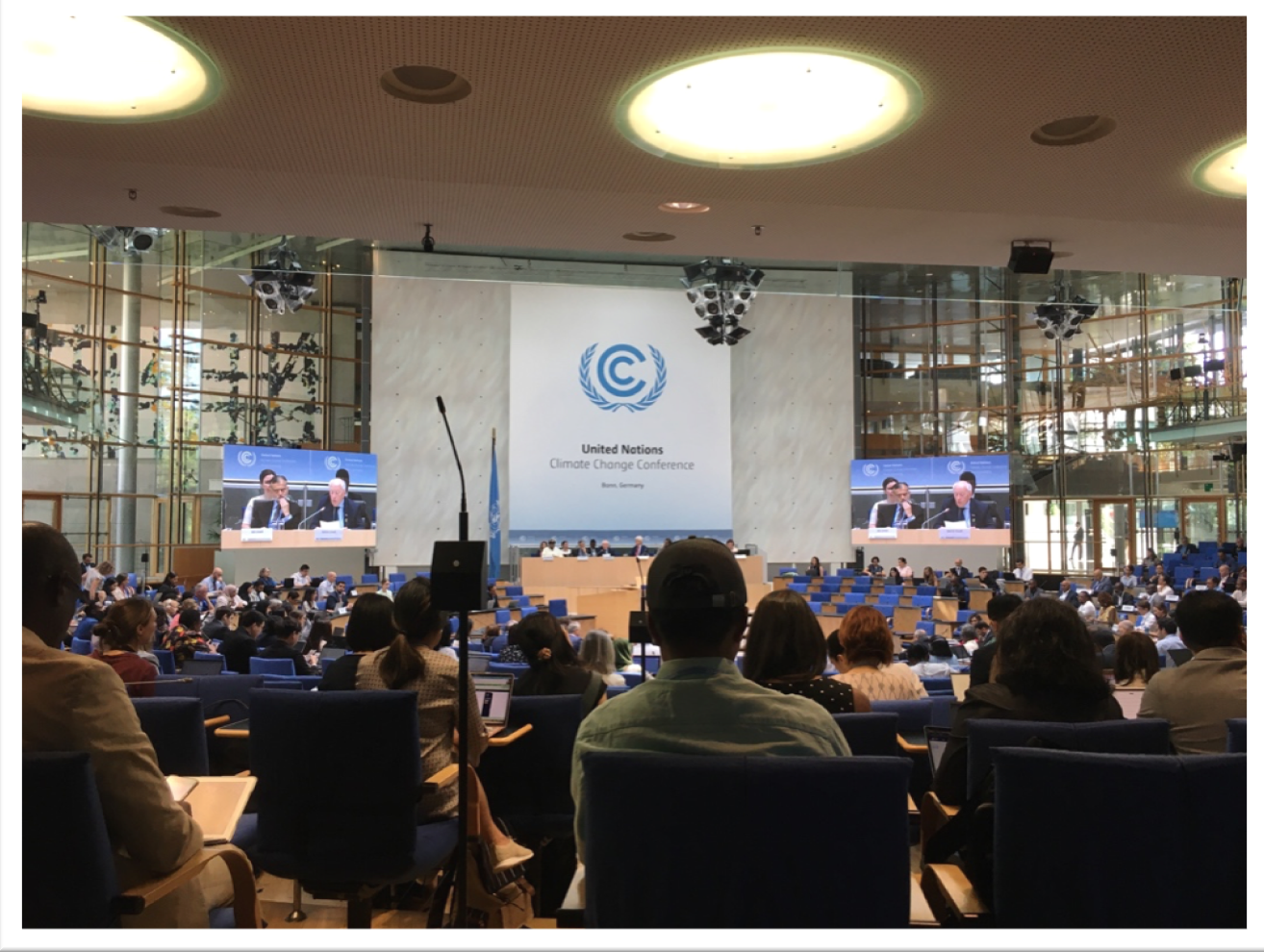
Negotiations also addressed the commitment made at COP27 to establish balanced new funding arrangements, with an expanded donor base, to assist vulnerable countries and communities affected by climate change. While progress was made on operationalizing the Santiago Network on loss and damage in Bonn, a decision was not reached. The EU remains hopeful that a solution can be crafted in Dubai, ensuring that technical assistance can swiftly reach those most in need.
The EU acknowledges the significance of climate finance across the agenda and stands by its climate finance commitments. Aligning global financial flows with the Paris Agreement goals is essential to address the existential challenges posed by the climate crisis. This includes examining the pool of donors, an issue that must be addressed at COP 28. Constructive and substantive discussions took place during the technical expert dialogues on the new post-2025 climate finance goal and the ongoing funding arrangements, including a fund for loss and damage. These discussions will provide valuable input toward convergence at COP 28.
At the conference, the TAPP Coalition and some of its active partners in Bonn like Proveg International,played a significant role in advocating for sustainable practices in the food and agricultural sector. As a coalition comprised of leading farming, health, food, and environment organizations, as well as charities, the aim of TAPP Coalition was to promote the adoption of a fair pricing model in high income countries for meat and dairy that includes a sustainability charge. In this way meat overconsumption can be reduced in line with Paris Climate Agreement goals.
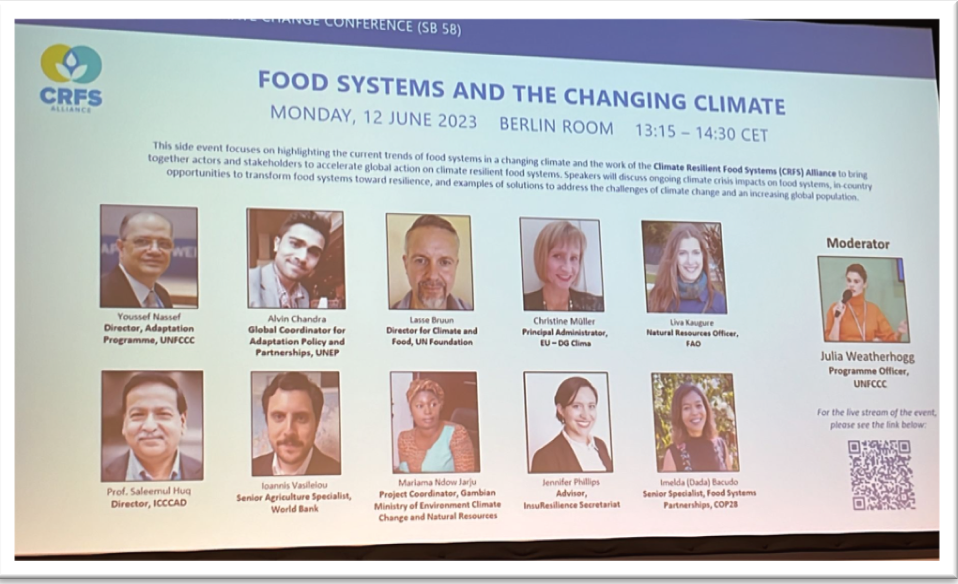
Additionally, the TAPP Coalition emphasized the broader positive impacts of the proposed pricing model. They argued that the revenue could be used to lower VAT and consumer subsidies on vegetables and fruits, provide financial assistance to low-income households, and support developing countries in adapting to climate change and protecting forests or financing of the loss and damage fund. By presenting these arguments, the TAPP Coalition aimed to emphasize the crucial role of including the environmental cost of animal protein in the price to achieve EU targets related to climate, biodiversity, public health, and animal welfare.
Overall, the TAPP Coalition's presence and active participation at the conference helped to raise awareness about the importance of sustainable practices and reduction of meat consumption in the food and agricultural sector.
TAPP Coalition had many meetings with relevant country representatives (EU Commission, Netherlands, Vanuatu and others). See photo with the country representative from Vanuatu.
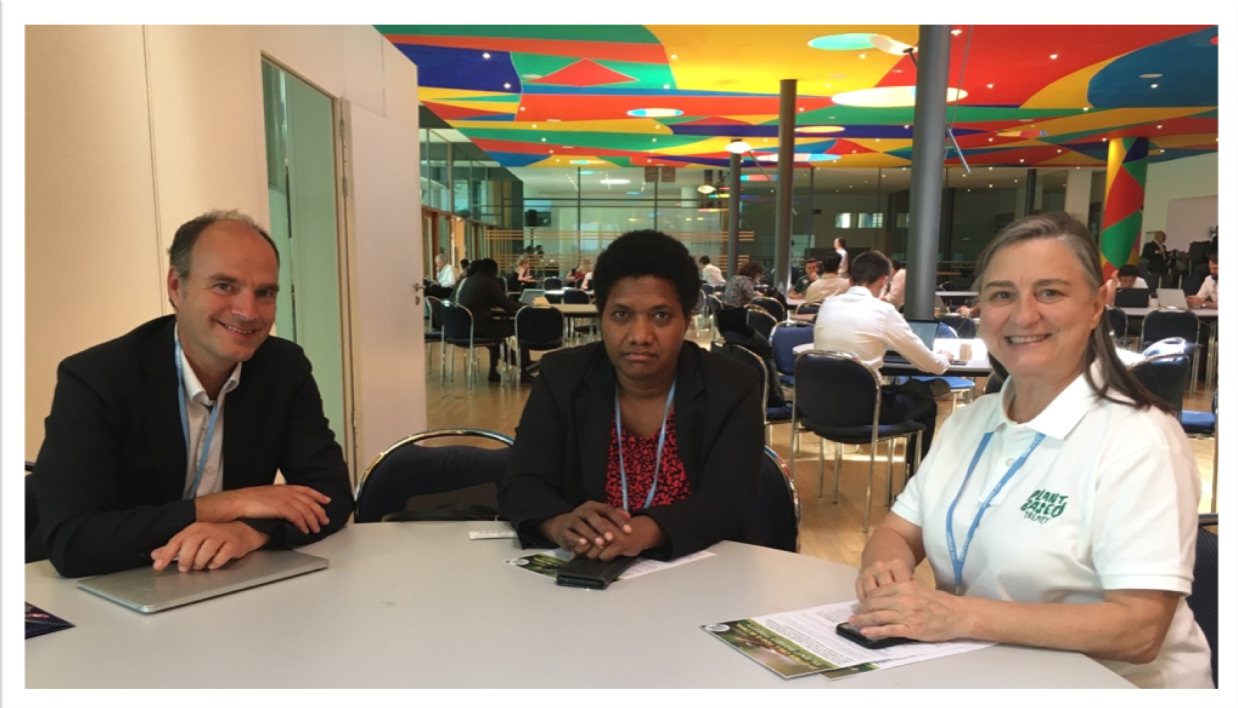
TAPP intervened during several side events with questions and remarks. We planned side events during the COP28 in Dubai (e.g. about EU Commission proposals for a new ETS system for agriculture and plans from Denmark and New Zealand for pricing GHG-emissions in the agriculture sector). TAPP Coalition developed and discussed strategies with our allies in Bonn. One strategy is to invite low-income countries and small island states to block any climate agreement (COP28 signature) if rich countries do not commit to start policies to reduce meat consumption levels towards safe levels within the Paris Climate Agreement goals. This strategy was welcomed within members in the Climate Action Network in Africa (see photo). TAPP Coalition also wrote a proposal for a future Global Agreement on Meat and Climate Change (GAME CCHANGE).
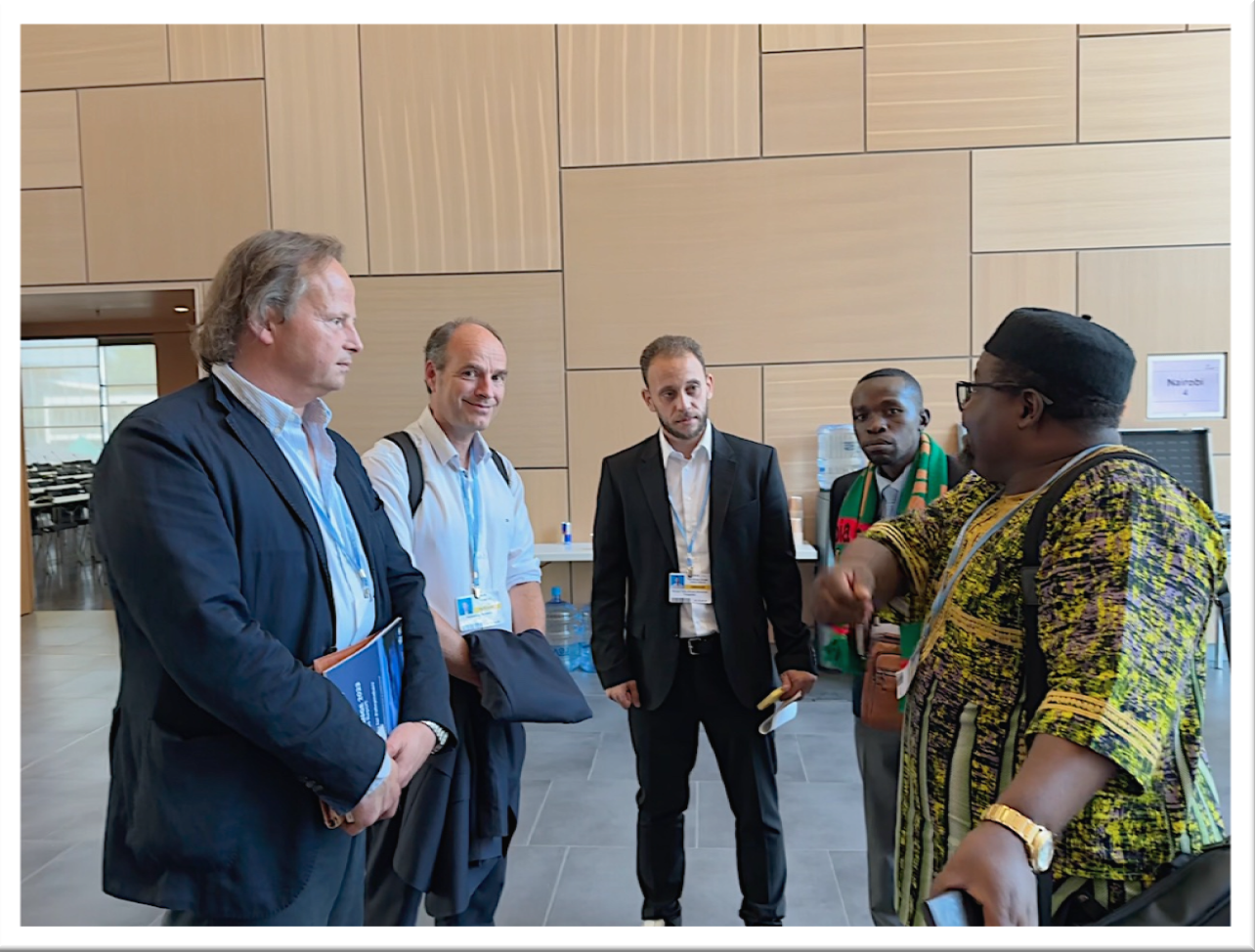
Furthermore, it should be mentioned that TAPP Coalition has been invited to participate in the Climate Resilient Food Systems (CRFS) Alliance, led by Julia Weatherhogg. We will receive further details on July 6th. Additionally, TAPP Coalition will contact the COP28 organization, suggesting some agenda items and ways how to present 'true pricing' of GHG-emission information about the food catering during the COP28 conference..
The Bonn session concluded with the Parties agreeing to submit a series of "informal notes" that will serve as the foundation for continued work leading up to COP28 in Dubai in December 2023. In its closing statement, the EU commended the progress made during the ten-day session and encouraged Parties to continue building consensus on various issues before the next in-person meeting.
